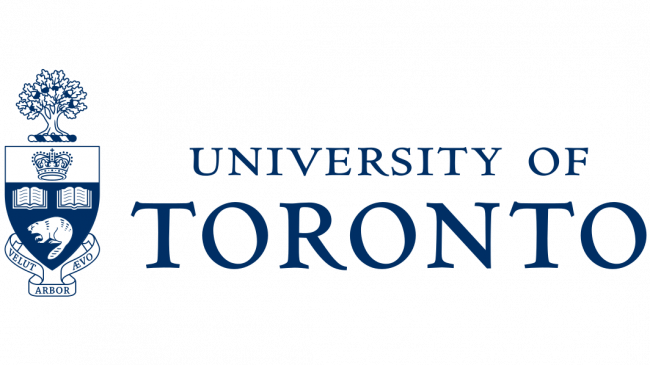University of Toronto

The University of Toronto (U of T, UToronto, or Toronto) is a public research university in Toronto, Ontario, Canada, situated on the grounds that surround Queen's Park. It was founded by royal charter in 1827 as King's College, the first institution of higher learning in the colony of Upper Canada. Originally controlled by the Church of England, the university assumed the present name in 1850 upon becoming a secular institution. As a collegiate university, it comprises twelve colleges, which differ in character and history, each retaining substantial autonomy on financial and institutional affairs. It has two satellite campuses located in Scarborough and Mississauga.
Academically, the University of Toronto is noted for influential movements and curricula in literary criticism and communication theory, known collectively as the Toronto School. The university was the birthplace of insulin and stem cell research, and was the site of the first practical electron microscope, the development of multi-touch technology, the identification of Cygnus X-1 as a black hole, and the theory of NP-completeness. By a significant margin, it receives the most annual scientific research funding of any Canadian university. It is one of two members of the Association of American Universities located outside the United States, the other being McGill University in Montreal, Canada.